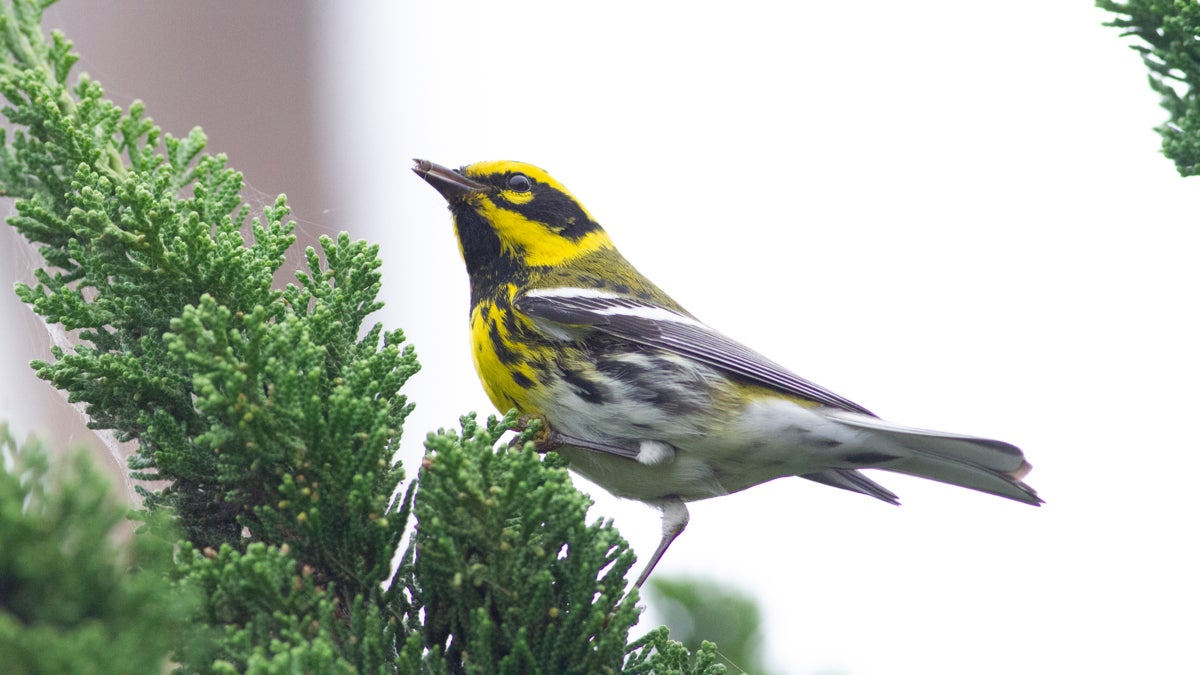Centrala begrepp
The author argues for the removal of eponymous bird names honoring colonial figures due to their ties to racism and white supremacy, advocating for more inclusive and informative naming practices.
Sammanfattning
Amidst a national reckoning with systemic racism, ornithologists Rutter and Foley initiated the Bird Names for Birds campaign, urging the American Ornithological Society (AOS) to remove eponymous bird names linked to colonialism. They highlight how many bird names honor figures associated with slavery and pseudoscience, emphasizing the need for inclusive and informative naming practices in birding. The movement aims to make birding more welcoming for people of color by addressing offensive historical associations in bird names.
Anpassa sammanfattning
Skriv om med AI
Generera citat
Översätt källa
Till ett annat språk
Generera MindMap
från källinnehåll
Besök källa
www.outsideonline.com
Inside the Movement to Abolish Colonialist Bird Names
Statistik
The proposal led by Rutter and Foley garnered over 2,500 signatures.
AOS rejected an earlier proposal to rename McCown's longspur in 2019.
The American Ornithologists Union renamed a duck derogatorily named after Native American women in 2000.
The discrimination faced by Black birders was highlighted after an incident in Central Park involving a Black birder.
Jason Ward, a Black birder, supports the campaign as it could encourage diversity in nature enthusiasts.
Citat
"We cannot subjectively decide that some names can be retained because they are associated with less abhorrent pasts than others." - Rutter and Foley
"Anything that serves as a potential roadblock for younger, diverse birders to join the flock is something that I’m against." - Jason Ward
"It’s basically the same way that it’s been since colonization—a bunch of white guys who are deciding what all the names will be." - Gabriel Foley
Viktiga insikter från
by Nathalie Alo... på www.outsideonline.com 02-12-2021
https://www.outsideonline.com/culture/essays-culture/eponymous-bird-names-colonialism/
Djupare frågor
How can renaming eponymous bird names contribute to making birding more inclusive?
Renaming eponymous bird names can contribute to making birding more inclusive by removing associations with historical figures linked to colonialism, slavery, and white supremacy. By changing these offensive names, the field of ornithology becomes more welcoming and respectful towards individuals who may have been marginalized or oppressed by the figures previously honored in the bird names. This inclusivity helps create a more diverse and equitable environment within the birding community, encouraging participation from individuals who may have felt alienated or excluded due to the problematic nature of certain eponyms.
What challenges might arise from changing established bird names based on historical associations?
Changing established bird names based on historical associations poses several challenges. One significant challenge is resistance from traditionalists within the ornithological community who prioritize stability and consistency in nomenclature. Altering well-known bird names could lead to confusion among researchers, educators, and enthusiasts accustomed to using those terms. Additionally, updating field guides, databases, and scientific literature to reflect new names requires time and resources. There may also be disagreements over which names should be changed or retained based on varying interpretations of historical significance or offensiveness.
How can increasing diversity within decision-making bodies impact conservation efforts?
Increasing diversity within decision-making bodies in conservation efforts can bring about various benefits. Firstly, a diverse group of stakeholders brings different perspectives, experiences, and knowledge that can lead to more comprehensive and effective conservation strategies. Representing a wider range of voices ensures that decisions consider a broader spectrum of concerns related to biodiversity preservation, habitat protection, and environmental justice issues. Furthermore, increased diversity fosters greater engagement with underrepresented communities who may have unique insights into local ecosystems or cultural practices relevant to conservation initiatives. Overall, promoting diversity within decision-making bodies enhances equity in conservation practices while strengthening relationships with diverse populations invested in environmental stewardship.
0
